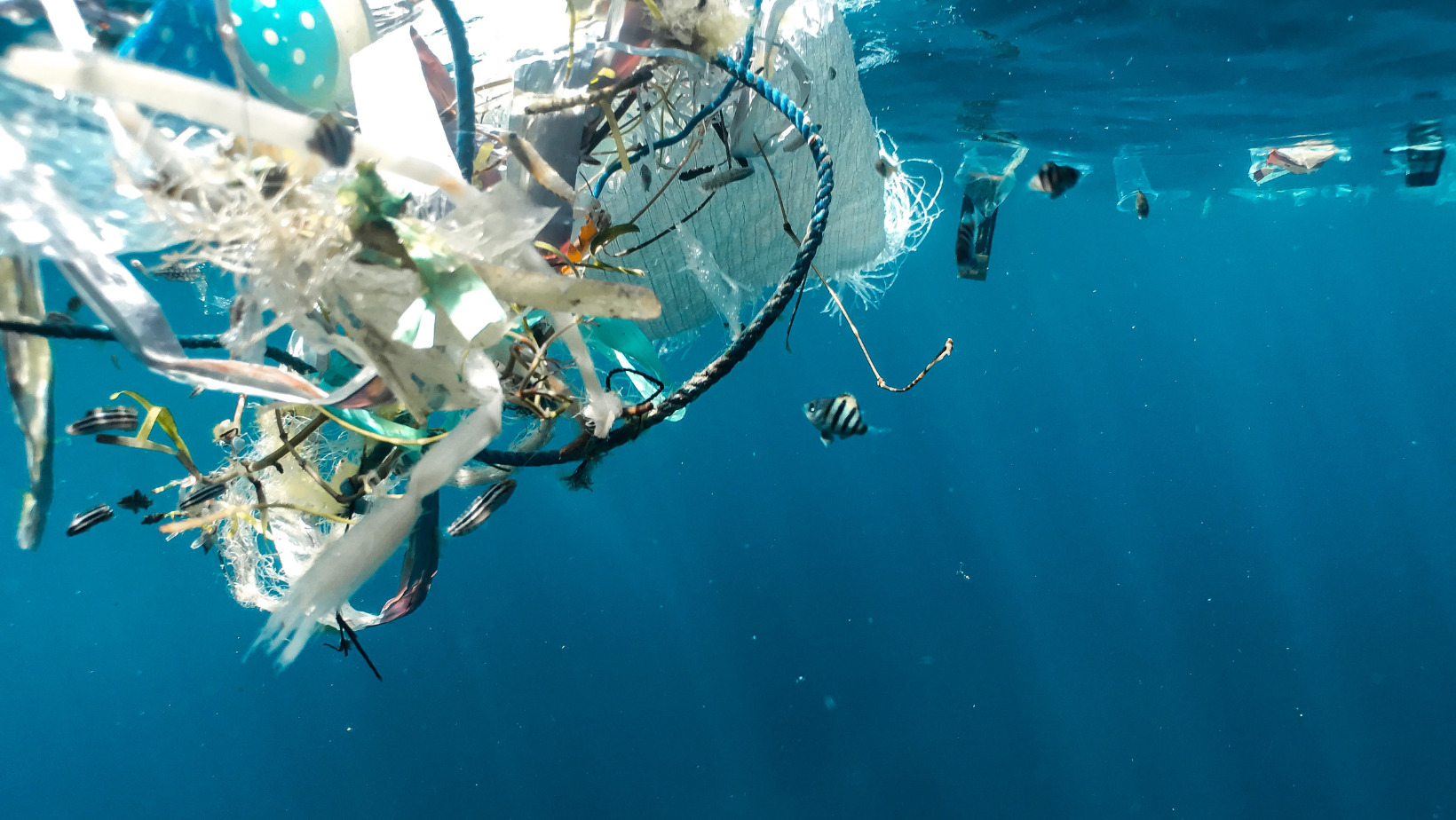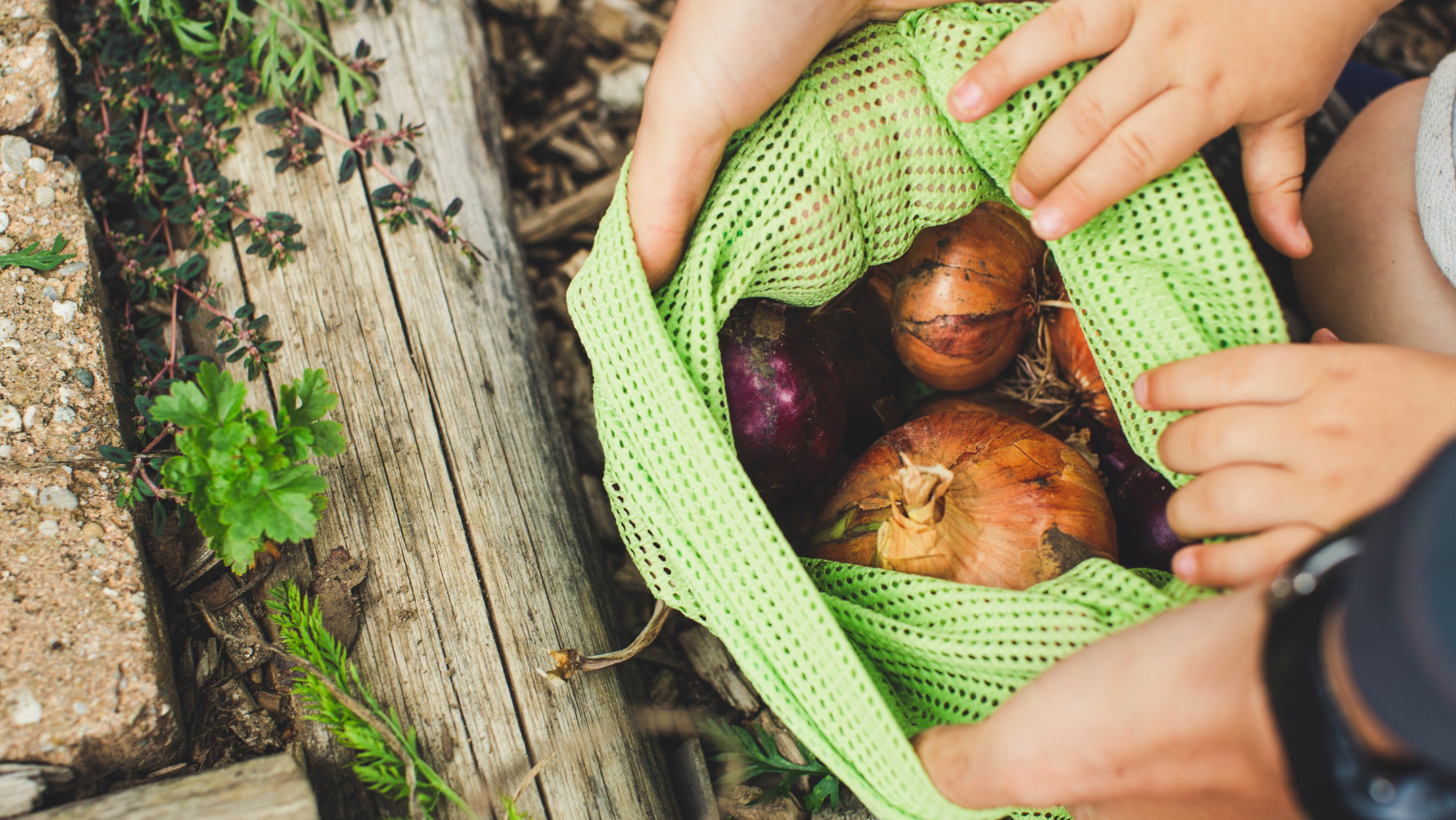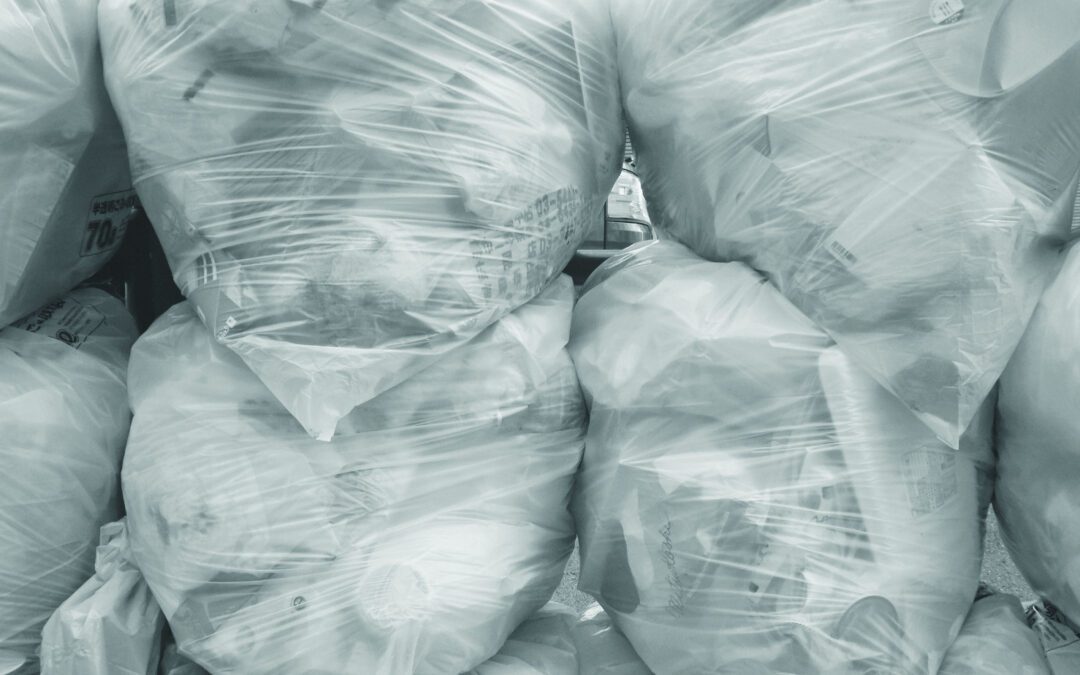When it comes to living zero-waste and lowering your carbon footprint, it feels just like doing the limbo; you’ll eventually have to ask yourself, “How low can I go?”
At Pink Bins, we’re on a mission to educate our fellow Kiwis so that they can reduce their environmental impact, and help to keep New Zealand clean and green. While it might not be achievable for most people to live completely zero-waste, and it’s certainly not something that anyone can start doing overnight, we can all do our part to live a little bit greener.
Zero-Waste – How Green Can You Go?
If you’re just starting your zero-waste journey, it might seem overwhelming! Don’t worry, mate, you don’t need to join Greenpeace or live off the grid to make a difference! There are plenty of actionable steps you can take to reduce your impact.
If you get a takeaway coffee in the mornings on your way to work, pick up a cheeky takeaway in the evenings in a plastic container, or you aren’t putting your money where your mouth is and doing your due diligence to support companies that are doing good for the planet, there are some small changes that you can make to live a life with less waste. You might be surprised by the costs you could cut too!
If you think you can handle the (zero-waste) jandal, here are our top tips to go green and live zero-waste:
1. Kick single-use plastic to the kerb!
Please don’t take this step literally, we don’t want to see anyone out there littering! Instead, say a big, “Nah, bro!” to as many single-use plastics as you can.
Single-use plastics are one of the most significant contributors to waste. At our Pink Bins waste sorting facility, we see heaps of disposable, and poor-quality plastic items in our skip bins and flexibags, most of which could have been diverted from the tip if more people considered using reusable alternatives.
Obviously, there are some single-use plastics you’ll struggle to get away from, like any medication you take, for one, but replacing disposable items with reusable alternatives where you can is a big help!
You could start reducing single-use plastic by choosing unpackaged groceries over plastic-wrapped items, investing in a reusable water bottle, or reusing a nice bottle you already have at home (yes, we know you’ve got that cool-shaped bottle in your pantry that you can’t bear to recycle – it’s that cool bottle’s moment to shine!), bringing your own shopping bags, KeepCup, and food containers when you go out, and keeping a set of reusable cutlery and straws in the car.
Avoiding single-use plastics is a small step towards a zero-waste lifestyle, and it may not solve all of the world’s problems, but it’s easy to do, and the turtles will thank you*!

2. Compost
Composting is a great way to reduce the amount of organic waste that ends up in landfills. You can compost food and garden waste at home or in a community garden. We’ve got blogs chockablock with handy tips to get started, and to maintain your compost heap.
Compost is the bee’s knees because you can feed it back to your plants! Whether you’ve got potted plants, or a full veggie garden, they’ll all appreciate the extra nutrients. Plus, if you’re growing some of your own food, you get double zero-waste points, because you’re eliminating transport emissions to get that food from the garden, to your plate – nice job!
3. Support sustainable businesses
There are so many ways to shop sustainably, and there are so many great, environmentally-minded businesses out there ready to help make your zero-waste dreams a reality!
The most sustainable way to shop is to shop secondhand. If you need a “new” pair of pants, curtains, or a household appliance, you could try TradeMe or Marketplace first, or even head into your local secondhand store, and see what they have on offer – you might be surprised!
If you do have to buy something new, do a bit of research and buy from a company with the same values as you; bonus points if they minimise waste during their manufacturing process, or are offsetting their carbon production. At the end of the item’s life, see if you can repurpose it, or pass it on to someone who could use it.
When it comes to food shopping, you could check out bulk bin stores, veggie shops, farmers’ markets, and butcheries for the majority of your grocery needs. Most of these places are set up for zero-waste shoppers and are happy for you to bring your own bags and containers to shop with. If you do need to purchase something, and can’t find a zero-waste supplier, buying in bulk is a good workaround, since it generally takes less plastic to package one large product, instead of numerous small ones.
And remember to support zero-waste, renewable energy! Switching power companies to one that captures power for hydro dams, wind, or solar farms is another easy switch that won’t make much difference in your day-to-day life, but it makes a massive difference to the plant.

Come on, guys! Let’s get zero-waste-wise!
Working towards living zero-waste may be a little inconvenient at first, as you adjust to your new routine, but if you’re willing to be a conscious consumer, and put in a little bit of effort, there are plenty of ways to reduce your footprint and look after our world. So, don’t be a muppet! It’s up to all of us to do our part for the planet, and you’ll find that, once you get going, moving towards living zero-waste is a piece of piss!
Still not convinced? Check out some of our resources for living greener, reducing your impact on the environment, and working towards a zero-waste future.
*A “Thank you!” from the turtles is not guaranteed – they don’t tend to be the chattiest bunch.

